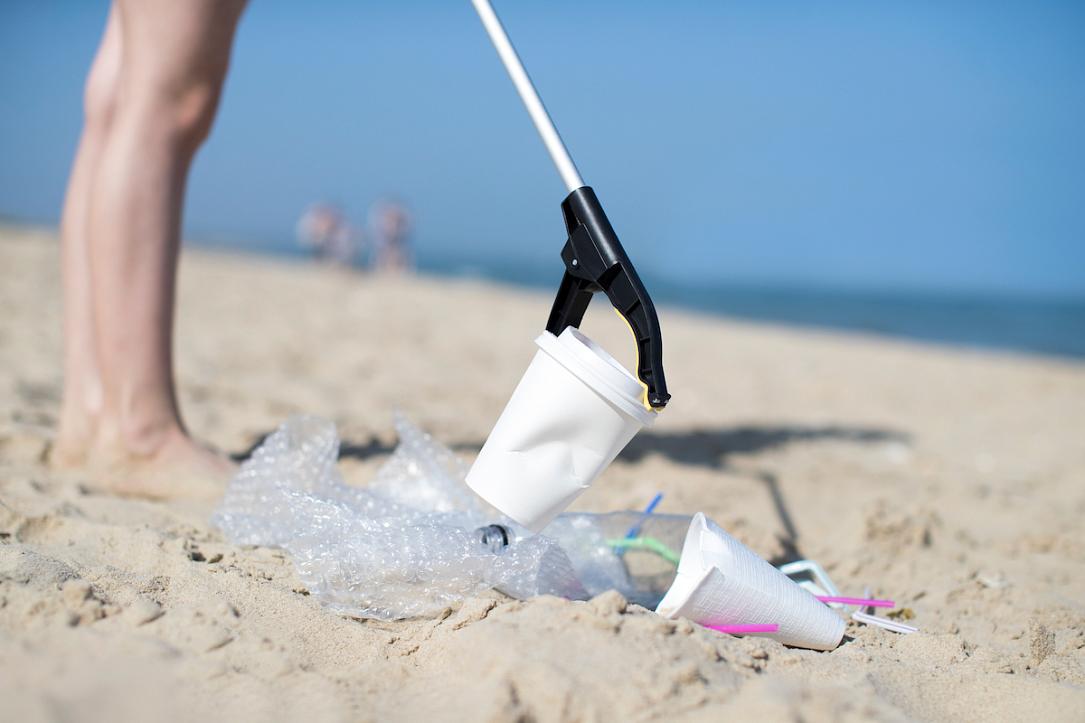Clean Recycle: Tourists leave tons of waste on Romania’s beaches, mainly plastic



Tourism is a primary source of pollution on Romania’s beaches. According to official data analyzed by Clean Recycle, hundreds of thousands of tourists spend their summer holidays on the Romanian coast every year, leaving behind tons of waste. And most of it is plastic, such as bottles, bags, linoleum, or buckets.
“85% of the waste discovered on the most crowded beaches in Constanta County is plastic, the rest representing metal waste, glass/ceramics, rubber, paper/cardboard, textiles and processed wood. And the quantities keep increasing every year,” Clean Recycle said.
Moreover, a large part of the waste that is not selectively collected in special bins also ends up in the Black Sea waters. And again, plastic is the most common type of waste floating in the water - 89% of the total, according to the same source.
“Plastic can be harmful to the environment if it’s not collected and then recycled and reused. A plastic bottle takes about 500 years to decompose and can affect the marine fauna, but also each of us, through the food chain,” said Cosmin Monda, founder and CEO of Clean Recycle.
Clean Recycle specialists recommend tourists bring a bag with them to the beach and use it to collect the waste. They can then take it to special collection points, thus minimizing the amount of packaging or other trash on the beaches.
According to Eurostat data quoted by Clean Recycle, Romania currently has a recycling rate of less than 50%. From 2023, the targets increase to 65%, and from 2025 to 70%. In this context, the country needs to improve its collection infrastructure and launch intensive awareness and information campaigns.
Clean Recycle is one of the top 5 players in the local packaging waste transfer (OIREP) market. Clean Recycle manages a portfolio of over 700 companies that produce and market packaging waste, active throughout Romania in areas such as FMCG and retail, agribusiness, automotive, distribution, industrial production, and pharmaceuticals.
irina.marica@romania-insider.com
(Photo source: Katie Nesling/Dreamstime.com)